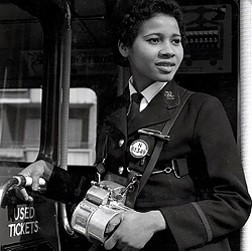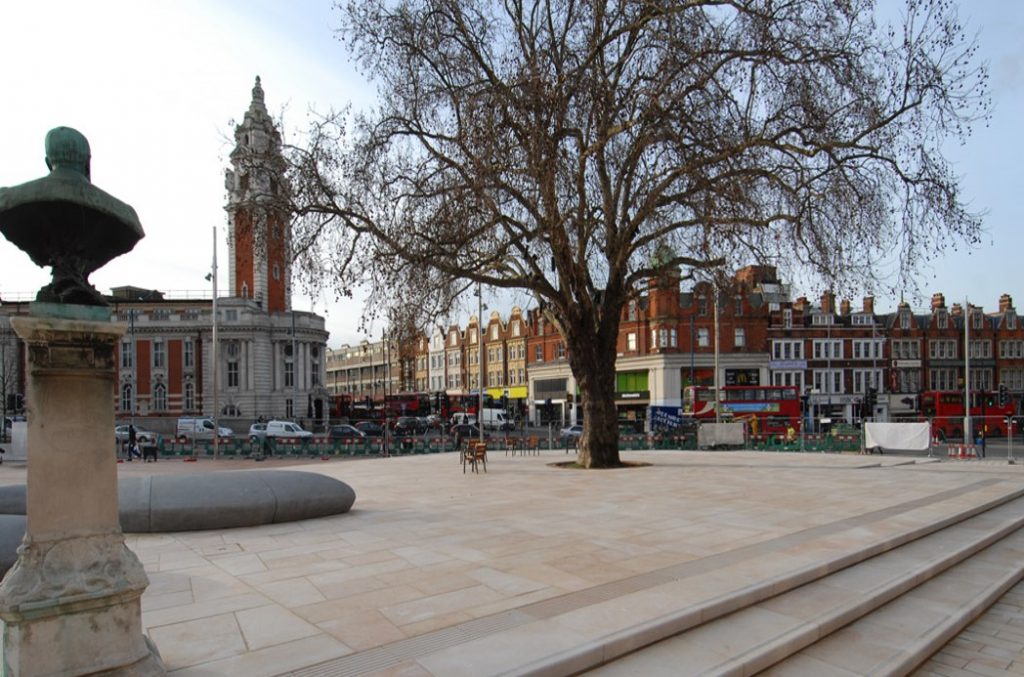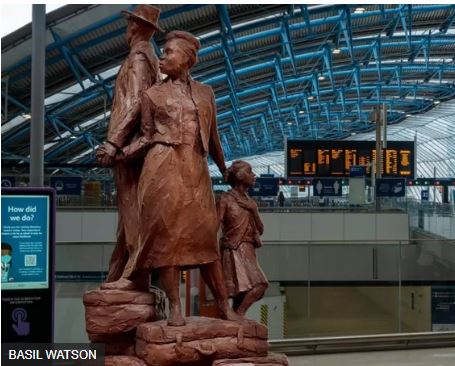Windrush Day is celebrated in the United Kingdom every year on June 22. Windrush Day commemorates the day the Empire Windrush ship arrived at Tilbury Docks in Essex on 22 June 1948. The ship brought the first group of people from countries in the Caribbean to live in the UK, following the Second World War.
The day marking the occasion was introduced on the 70th anniversary of the Windrush migration, in 2018.

The Windrush Generation
The Windrush Generation were a group of people from the Caribbean, who were called by the British Government to work and live in the UK. They arrived in Tilbury, Essex, aboard the Empire Windrush, on 22nd June 1948.


Why did they come over?
Up until the early 1960s, many of the Caribbean Islands (and countries in Africa, Asia and around the world) were under British Colonial rule. They were a part of the British Empire. The Caribbean was known as the British West Indies – which is where the term West Indian comes from. The Queen was the ‘Head of State’ for all these countries and in 1948, the 1948 British Nationality Act was passed, granting all members of the British Empire citizenship and the right to live in the UK.

After two wars and the recent end of WW2 in 1945, the UK needed to rebuild its country and economy. The British Government advertised opportunities for employment which attracted many people to leave the Caribbean for the UK.

In 1948, Empire Windrush travelled from Australia to London. It docked in Kingston, Jamaica and after a newspaper advert promising employment in London, people across the Caribbean decided to embark upon this journey to the ‘Mother Country’. There were almost 1100 people aboard the Windrush, which arrived at Tilbury Docks in Essex on the 22nd June 1948. For most of the people on board, Britain was their final destination.
What does ‘windrush generation’ mean?

Windrush Generation most notably refers to those who arrived aboard the Windrush, but many Caribbean people also arrived in the coming years. Windrush Generation marks the start of a multicultural Britain and the development of the modern Britain we know today.
How were the Windrush Generation welcomed?
The arrival of Windrush and the ‘Immigrants’ was BIG news! Many newspaper reporters greeted them to take pictures of the arrivals and interview some of them. However, Members of Parliament (MPs) complained after the Windrush arrival, urging for controls on immigration.






It was a hostile environment and the Windrush Generation were racially abused, refused housing, refused employment, harassed by the police, bullied in schools (by students and teachers) and made to feel like unwanted illegal ‘aliens’. They were refused all these basic human rights because they were black.

In 1968, the Race Relations Act 1968 was passed, making it illegal to discriminate against someone because of their race, ethnicity or nationality. This followed on from the Race Relations Act 1965 which only addressed discrimination in public places.
How did the Windrush Generation contribute to the UK?
Almost all the adults who arrived over the years had vocations, trades and skills that made them highly employable. They were nurses, electricians, seamstresses, woodworkers, dressmakers and so much more. After the Race Relations Act 1968, they were able find more employment, particularly in London, which had become increasingly diverse and the economy began to grow once more.





Brixton and Notting Hill/Ladbroke Grove had the largest inhabitants of Black Caribbean migrants. Brixton is well known for being a hub of the Windrush Community.

The Windrush Scandal
In 2017, it emerged that the UK Government had wrongly detained and deported many Commonwealth citizens back to their country of birth, despite having been in the UK for decades. Many of these people were part of the Windrush Generation or their children who were now in their 50s and 60s. This was a grave injustice for the people who had built their lives in Britain and hugely contributed to the development of it.

What do you remember?

what? why? where? when?
WHY WINDRUSH DAY IS IMPORTANT
It celebrates diversity
Windrush Day is a day to celebrate the Afro-Caribbean community’s contribution to making Britain a racially, culturally and socially diverse country.
It celebrates history
The day celebrates an important event in British history. June 22 marks the arrival of immigrants and the indispensable role in shaping Britain.
It promotes a harmonious future
Since Windrush Day also celebrates racial equality, the day anticipates a harmonious future with no racial tensions.
To mark Windrush day, a statue paying tribute to the Windrush generation is being unveiled in one of London’s largest train stations, Waterloo.

They said it would “create a permanent place of reflection and inspiration and be a visible statement of our shared history and heritage”.